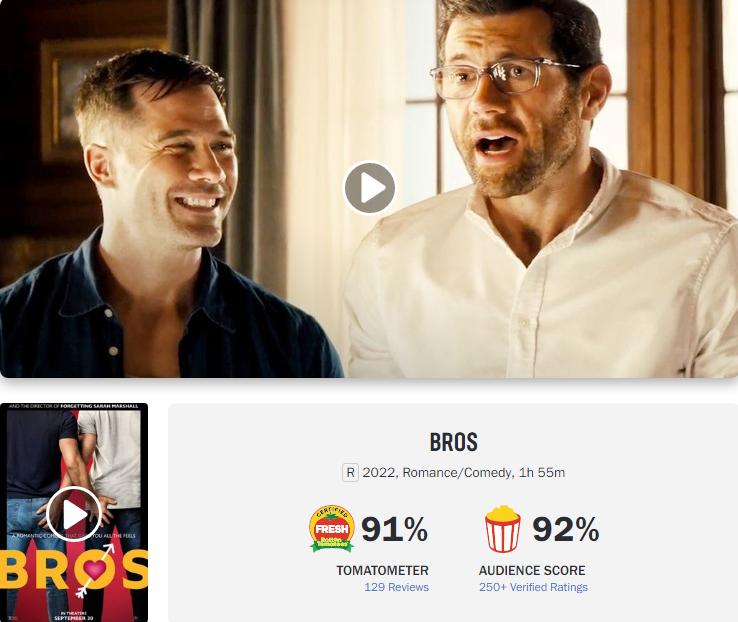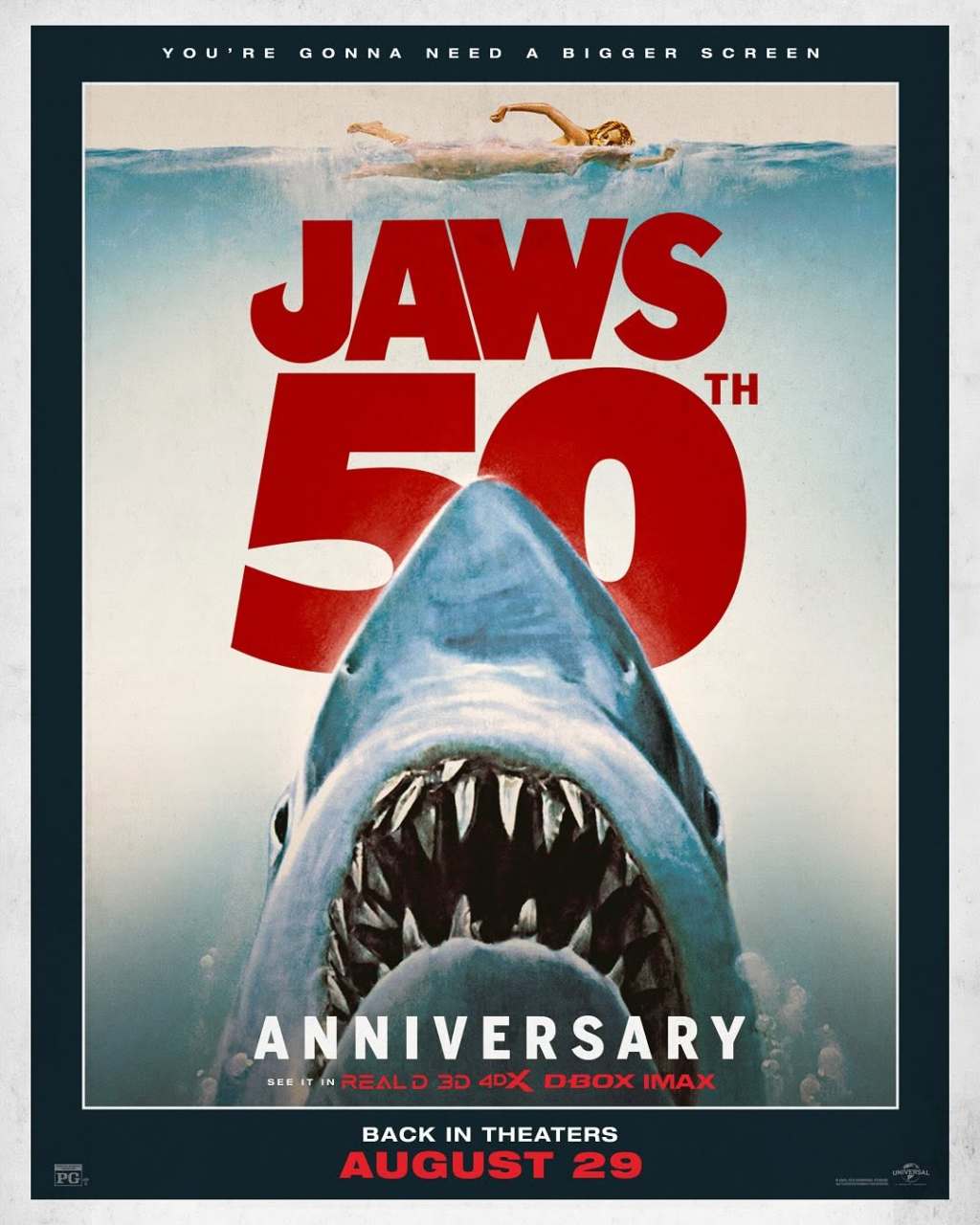
In the past weekend, a total of two new films were released on a large scale in the North American film market. These two low-cost new films are rarely R-rated, but the box office is very different.
The horror film "Smile," written and directed by rookie director Parker Finn, was released in 3,650 theaters and earned $22 million at the box office, far exceeding expectations. This achievement not only recovered the $17 million in production costs, but also once again proved how popular low-budget horror films are in today's North American film market.

"Dangerous Smile" poster
"Dangerous Laughter" was originally planned to be released online only on Paramount+'s streaming media platform, but because of its excellent reputation in the test screening (the professional film critics on "Rotten Tomatoes" also received 75% praise after its release), In addition, due to the recent lack of new film supply in theaters and the relatively small market competition, Paramount finally decided to release the film on a large scale in theaters, and the results also proved that this move was quite wise.

Dude has a pretty good score on Rotten Tomatoes
In stark contrast is another massive release, the romantic comedy Bros from Universal. Like "Dangerous Laughter", it is a restricted-level work. In terms of publicity and audience awareness before its release, "Dude" is definitely better than "Dangerous Laughter", which was decided halfway through the theater. As a result, "Dangerous Laughter" "Dude" was released in 3,350 theaters, and only received $4.8 million at the opening box office (the production cost was $22 million), which can only show that the genre of romantic comedy is really difficult to make waves in the film market today - not to mention, It's also two men who stage the romance in "Dude." With reference to the extremely high 91% of critics and 92% of audiences on Rotten Tomatoes, such box office results are even more regrettable.
It's a similar story, another romantic comedy from Universal, Ticket to Paradise, starring George Clooney and Julia Roberts. Ten or twenty years ago, a romantic comedy like this cast would definitely be a sure-fire work that audiences flocked to, but times have changed. It was released in Brazil and other places, but the domestic release in the United States will be delayed until October 21st, obviously because it is worried that if the domestic box office in the United States is not good, it will affect the attractiveness of the film to overseas audiences, so it is still released overseas first. Silver recovers some of its costs.
Another new film, "The Good House," released over the weekend, also attests to this status quo. The film also takes the line of love movies, starring Sigourney Weaver and Kevin Kline, both veteran actors with outstanding acting skills. However, in view of the preferences of the audience today, the distributor Roadside Attractions did not dare to invest too much, and only chose to release the film in 1,062 theaters in the United States, but the opening box office of 830,000 US dollars was still too horrific. This seems to show that the middle-aged and elderly audiences that such works mainly target, whether it is because of fear of infection, financial constraints, or no longer interested in romantic movies. No twist was obtained.
In the past September, the North American box office totaled about 328 million US dollars, which was the worst September in the past 25 years, except for September 2020, when a large number of theaters were forced to close due to the epidemic, even higher than last September's 3.67 20% less than $100 million. You must know that in September last year, the epidemic in the United States was still quite serious, and the average daily death toll from the new crown fluctuated around 2,000; today, a year later, the box office figures released at the end of the month are really a slap in the face.

Don't Worry Darling Poster
Of course, it can also be analyzed that today, the reason for the depletion of the box office has long been unrelated to the epidemic, but the lack of new films and the weakening of the American people's willingness to watch movies. Indeed, back in September 2002, a no-nonsense comedy called "Barbershop" had a $20.6 million opening. Twenty years later, in September, whether it's the epic blockbuster "Beauty Warrior of Dahome" or the thriller "Don't Worry Darling" with the blessing of traffic stars, the box office will only stay at around $19 million. And in the past 20 years, movie ticket prices have risen a lot, that is to say, the actual number of viewers of "Beautiful Warrior of Daho" and "Don't Worry My Darling" is far from 100 less than that of "Hala Hairdresser" $10,000 is as simple as that.

Daho Beauty Warrior poster
In addition, the British Cineworld Cinema Group, which filed for bankruptcy protection in early September, recently announced the permanent closure of 12 North American theaters (distributed in Los Angeles, San Francisco, Philadelphia, Seattle, Cleveland, Portland and Las Vegas). Although this is only a small share of their 542 theaters in the United States, it is enough to cause the market to be wary. It is reported that most of these 12 theaters have the problem of long-term arrears of property fees and rent. Now that the parent company has chosen to close its doors, it can be regarded as a quick solution.
Almost at the same time as these 12 theaters were closed, Cineworld Cinema Group announced its financial statements for the first half of this year. With the release of several blockbusters such as "Top Gun 2", the box office revenue has increased significantly, but the overall debt is currently in debt. Still, $8.8 billion (including the $3.6 billion it borrowed for the acquisition of the U.S. Regal theater chain five years ago) is not optimistic.
As the world's second largest cinema chain group after AMC Cinemas in the United States, Cineworld's cinemas are distributed in ten countries around the world, with a total of nearly 800 cinemas and more than 9,500 screens. In the first six months of this year, the total number of spectators was 82.8 million. Compared with the 14.1 million in the first half of 2021, when the epidemic was severe, there was a significant improvement; but compared with the first half of 2019, there was still a 40% gap. Because of this, Cineworld has pessimistic expectations in this report: the theater industry will return to the level before the epidemic, and it will not be until 2025 at the earliest!


